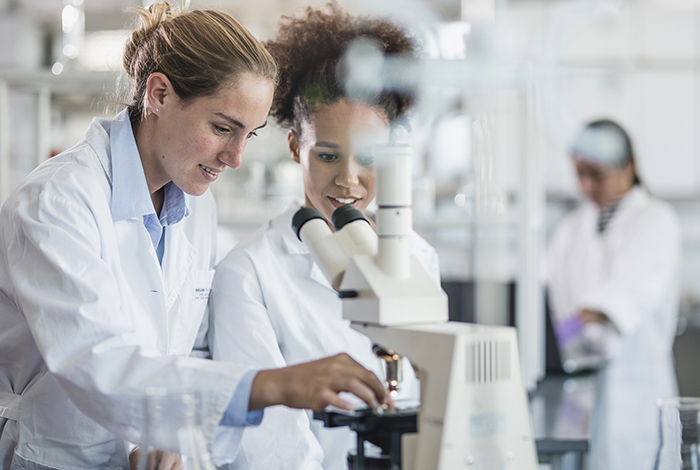Unilever and Surrey University collaborate on next-gen 3D reconstructed human skin
In News
Follow this topic
Bookmark
Record learning outcomes

Experts from the University of Surrey and Unilever are developing the next generation of 3D reconstructed human skin to help test cosmetic products and lifesaving drugs.
With animal testing for cosmetic purposes now banned in the UK, America and much of Europe, Dr Eirini Velliou, Head of the Bioprocess and Biochemical Engineering Group at the University of Surrey, has been awarded a prestigious Industrial Fellowship from the Royal Academy of Engineering, allowing her to work with Unilever to develop a unique skin-bioreactor based on polymer.
Dr Velliou will use Unilever's products to test and optimise the reactor, which is hoped to be used as a low cost, animal-free and accurate surrogate for cosmetics.
Dr Velliou says: €While the world is rightly putting an end to cosmetic animal testing, we hope our reactor will address some of the problems that have plagued other reconstructive models €“ such as the ability to mimic blood circulation and the lack of mechanical integrity. This is an exciting opportunity to work with a company the stature of Unilever to develop a novel biomedical platform that will be useful for product screening. We hope that the potential success of this product will help reduce the use of animal testing in biomedical research in the future.€
